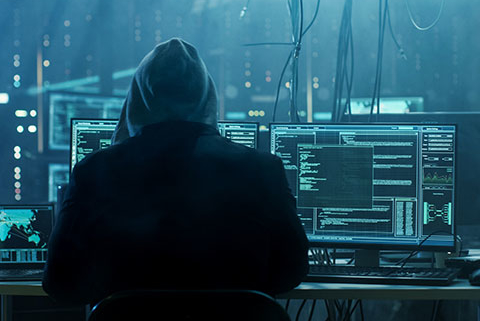Background Checks Don’t Tell the Whole Story
When it comes to background checks, the National Crime Information Center is the gold standard. It is only available to law enforcement agencies and is the most accurate and complete database tracking convictions and arrests in the US. That sounds pretty great, right? Unfortunately, it’s not all as it seems.
 The Department of Justice
The Department of Justice
The Department of Justice recently released a report based on a two-year study of convictions and arrests from 2016. The report shows that a very low percentage of convictions and arrests actually make it to the National Crime Information Center. What does this mean? It means that even if a commercial background check company is using the best information, it’s only able to get information on about 13% of all crimes. On top of that, there is a pretty standard 30% error rate on background checks based on factors such as typos, misspellings, and data entry errors. Yikes.
The Reliance of Background Checks
It doesn’t matter if you are an employer, a landlord, or even a private citizen hiring a babysitter or contractor, odds are good that you think a criminal background check is a good idea. But, the fact that we not only rely on these checks, but also believe that they are fool-proof, is quite problematic.
Other Implications of Background Checks
The inaccuracy of background checks is only one of the issues associated with them. Another issue is that there is a big possibility that these commercial background checks could violate the Fair Housing Act because it might be seen as intentional discrimination. Additionally, though people with criminal records are not protected under the Fair Housing Act, statistically, this creates a disproportionate impact on minorities. According to the Fair Housing Act, minorities are protected.
Though it seems like a great idea to run a criminal background check, as you can see, it’s not always a black and white result. Criminal history databases are not complete, there are high rates of errors, and these background checks might be violations of the Fair Housing Act. At the very least, someone could have a good case against it if you use a criminal background check as a basis for a housing decision. When thinking about if a background check is worth it or not, it probably is, but you also have to be aware of the possibility that you are not going to get the entire story.
Robert Siciliano personal security and identity theft expert and speaker is the author of Identity Theft Privacy: Security Protection and Fraud Prevention: Your Guide to Protecting Yourself from Identity Theft and Computer Fraud. See him knock’em dead in this Security Awareness Training video.


























